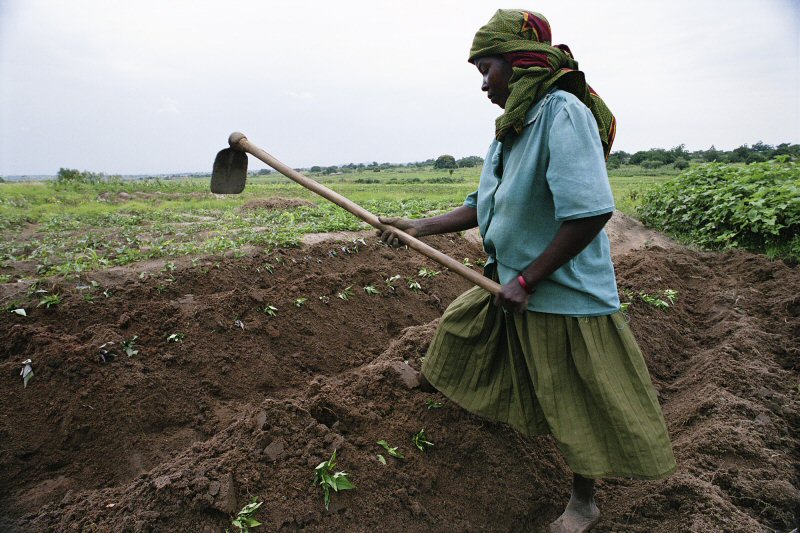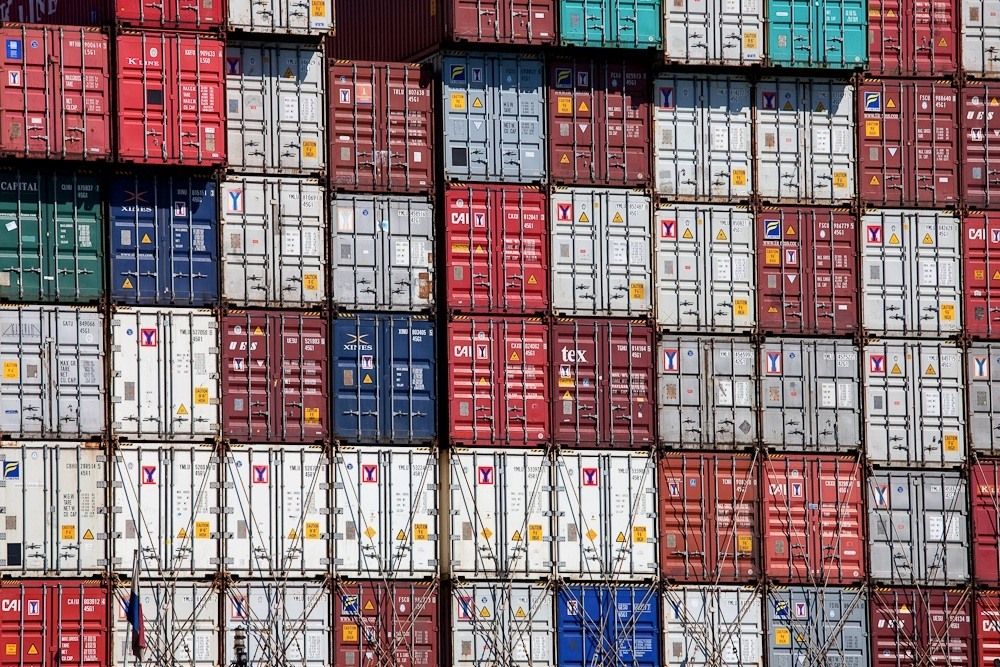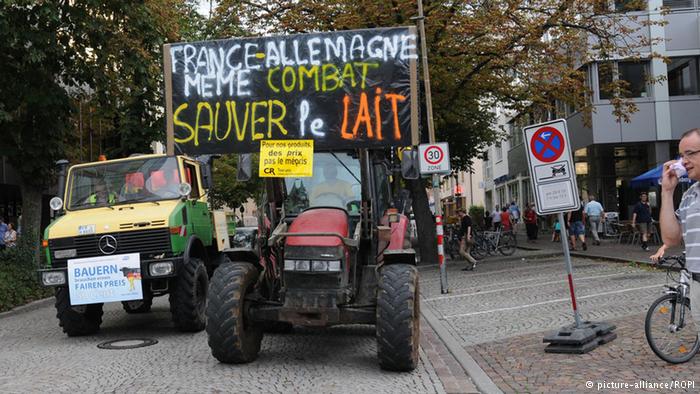Export subsidies on agricultural products are back in the news again following the somewhat surprising declaration by Commissioner for Agriculture and Rural Development Dacian Ciolos in his opening speech at the Green Week on Berlin earlier this month (16 January), of his readiness to stop the use of export refunds for exports to developing countries in Africa with which the European Union has an Economic Partnership Agreement (EPA). He stressed that this would be an important step in terms of coherence between EU agriculture and development policies. He said:
… Read the restSince 1 January, EU legislation is also very clear: export refunds have ceased to exist as a means of systematically supporting a sector.



